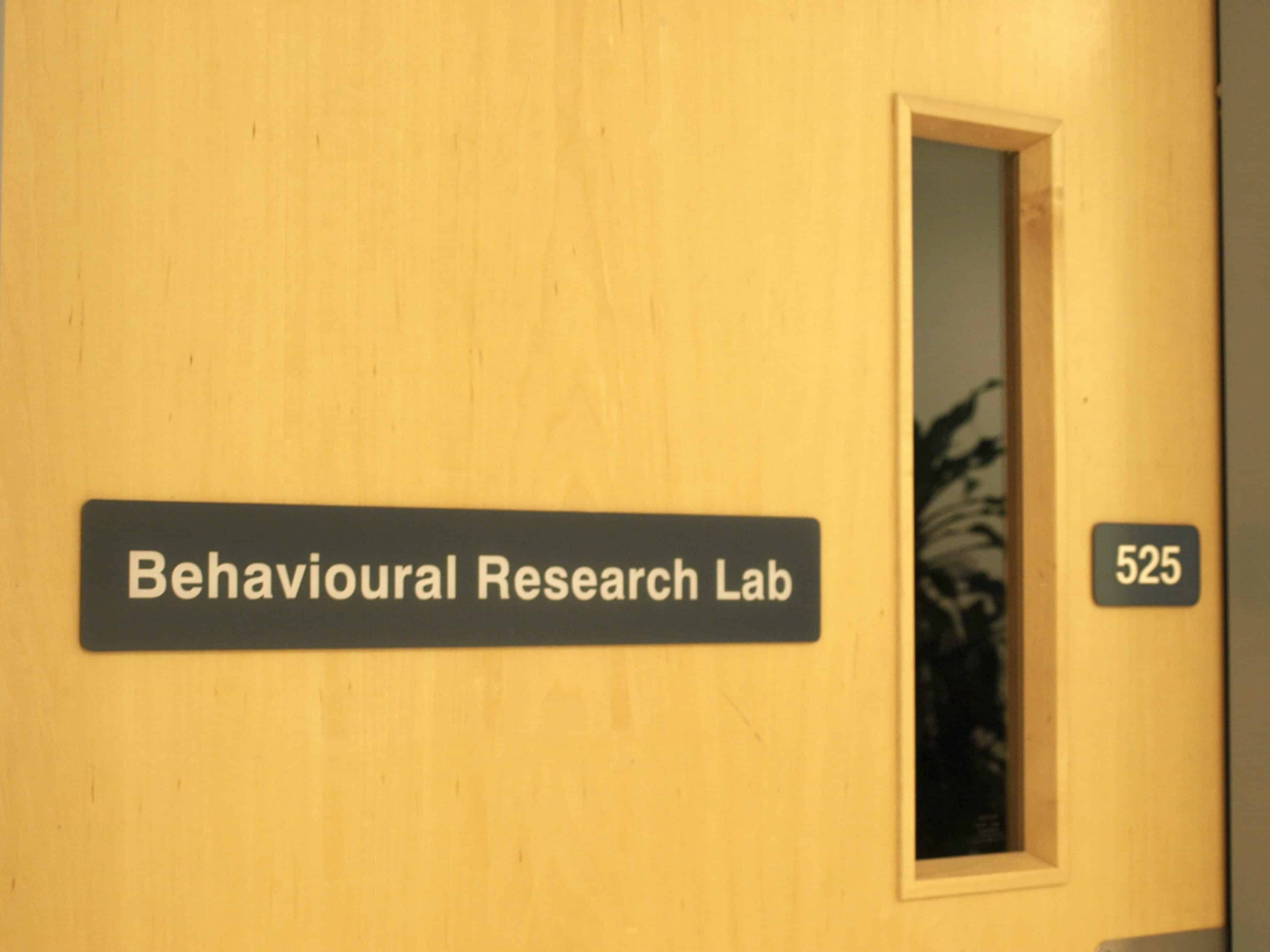
Federal government announced plans to cut study permits by 35 per cent in January
In January 2024, the federal government announced a two-year cap on study permits for international students seeking education at Canadian institutions. According to the government’s statement, this cap is meant to address the housing shortages faced by students in Canada.
In 2024, the government plans to issue 360,000 study permits. This figure is around 35 per cent less than the number of study permits issued in 2023. The cap is not strictly a national cap, but instead is dependent on each province. The caps for each province are to be calculated based on population size. The provinces which saw the lowest amounts of international enrolment will have the largest decrease in the number of study permits granted to them this year.
Changes to the post-graduation work permit were also announced. Starting Sept 1, 2024, international students studying at privately owned educational institutions will not be eligible for the post-graduation work permit.
It’s also important to note that the extension of study permits for already-enrolled students will not be affected. Students pursuing master’s and doctoral degrees as well as elementary and secondary education will not be included in the cap.
Minister of Immigration, Refugees and Citizenship in Canada, Marc Miller, said in his statement that, “International students are vital to Canada and enrich our communities. As such, we have an obligation to ensure that they have access to the resources they need for an enriching academic experience. In Canada today, this isn’t always the case. […] we are announcing additional measures to protect a system that has become so lucrative that it has opened a path for its abuse. Enough is enough. Through the decisive measures announced today, we are striking the right balance for Canada and ensuring the integrity of our immigration system while setting students up for the success they hope for.”
The announcement came to the dismay of aspiring students and provincial governments alike. A report published by CBC revealed which colleges and universities account for the biggest share of growth in international student numbers in Canada by analyzing data which was previously undisclosed to the public.
The data, obtained through access to information requests to Immigration, Refugees and Citizenship Canada (IRCC), outlines the annual granting of study permits for foreign students attending post-secondary institutions nationwide since 2018. According to the data presented, the nationwide explosion in the number of students can be traced to a handful of schools, predominantly in Ontario – the vast majority of which are public institutions.
The report also argued that an increase in international students led to a housing crisis because the institutions were too profit-hungry to recognize a mounting crisis. Richard Kurland, an immigration lawyer and policy analyst in Vancouver, characterized this situation as a “cash cow,” with each student potentially generating a minimum of $20,000 for educational institutions. This trend involves thousands of students.
The number of international students also spiked significantly in 2018 after Premier Doug Ford took office. The following year, post-graduation funding saw a cut and domestic tuition was reduced by 10 per cent, all while a program was launched to attract international students while charging them lucrative tuition fees.
Ontario’s public colleges accounted for more than 40 per cent of the 435,000 study permits issued to colleges and universities nationwide in 2023.
”I’m shocked that it’s got to this state,” said Earl Blaney, an immigration consultant and advocate for international students in London, Ontario to CBC after looking at the data set. “The problem is everyone else has been clapping along, because everyone’s making a ton of money off this.”
Changes to federal immigration rules through the 2010s gave foreign students three-year work permits for completing just about any post-secondary program in Canada, and an easier pathway to citizenship. “It was foreseeable that the volume of students coming to pursue permanent residency in Canada, with education being just incidental, would skyrocket,” said Blaney.
“What was not foreseeable is the fact that the government would do nothing about it during that period, despite the fact that they were well aware that this was going on.”
A drop in the number of international students also means a significant reduction in the revenue generated by the tuition fees paid by these students. Ontario is expected to lose about $1.5 billion in revenue following the cap. It is also being predicted that a battle over the shrinking pie of foreign students may ensue.
“Schools are being pitted against other schools,” said Kurland. “It’s Darwinism. If you put a lot of creatures in one basket, at some point they’re going to eat each other if there’s insufficient food.” The issue of shortage of skilled labour, which was largely addressed by immigration, is also bound to worsen.
Students, both aspiring and continuing, had different responses to these changes. Ramla Said-Ahmed, a final-year Bachelor of Science student at the University of Regina, thinks that while it’s important that the government takes measures to address the housing crisis, it’s also bothersome that the government has not done anything over the years when the crisis first began. “They should not have let the crisis escalate to begin with,” Said-Ahmed said.
Daxit Vasoya, a third-year Computer Science student whose cousins have applied for study permits for the upcoming fall semester, also voiced concerns. “My cousins wanted to study in Canada. Even though their applications have not been denied, the government’s announcement has put them under a lot of stress,” he said.
The measures taken by the Federal Government are understandable, but the unpleasant chain of events that they may set in motion for the students whose applications will not be approved can also not be denied.









